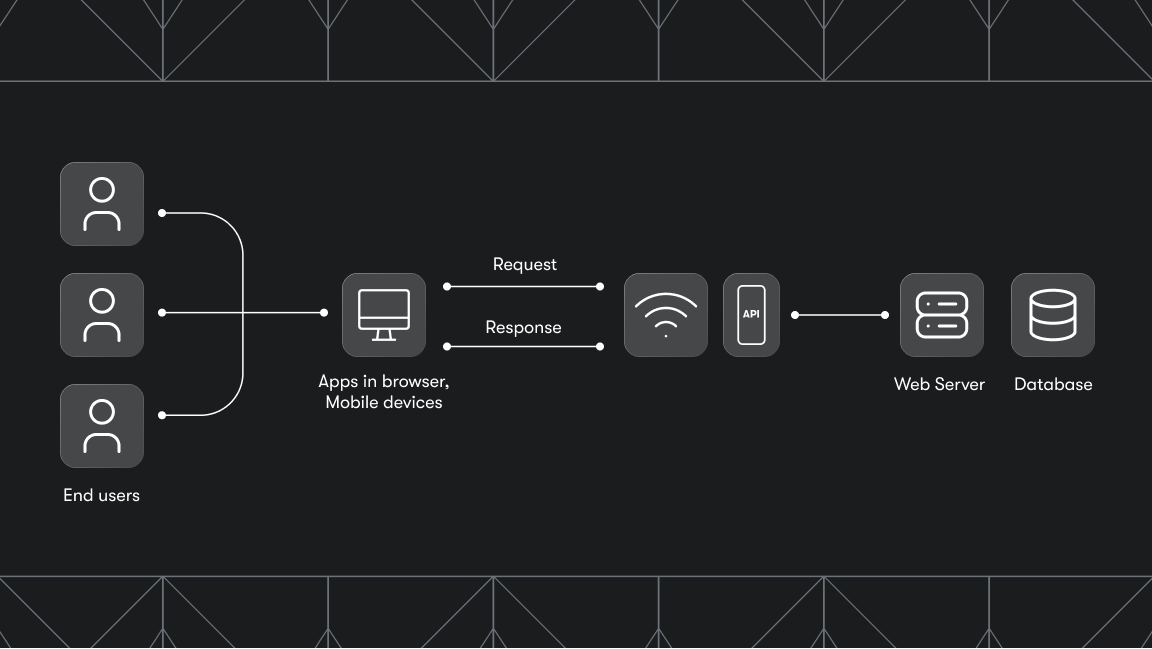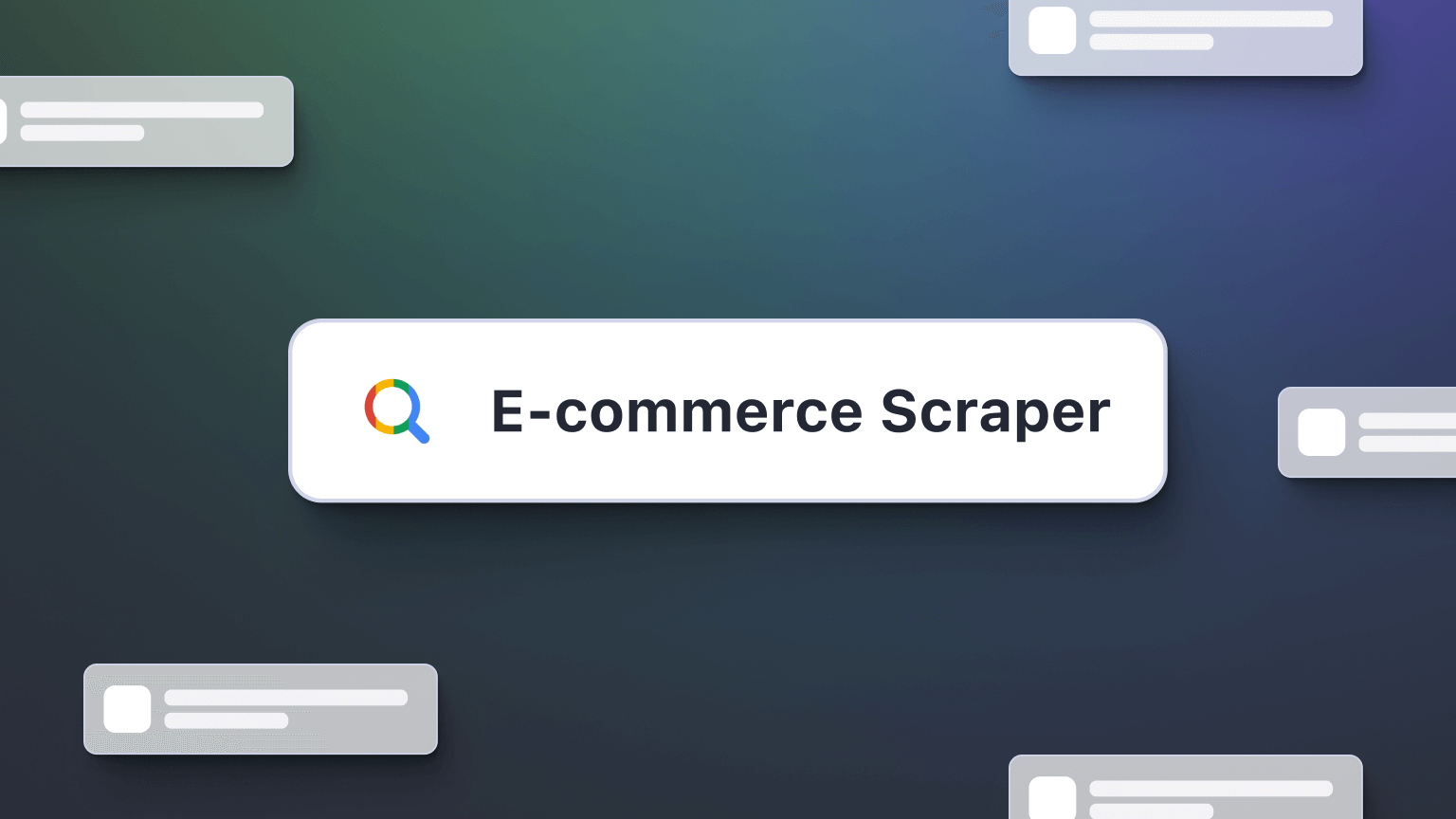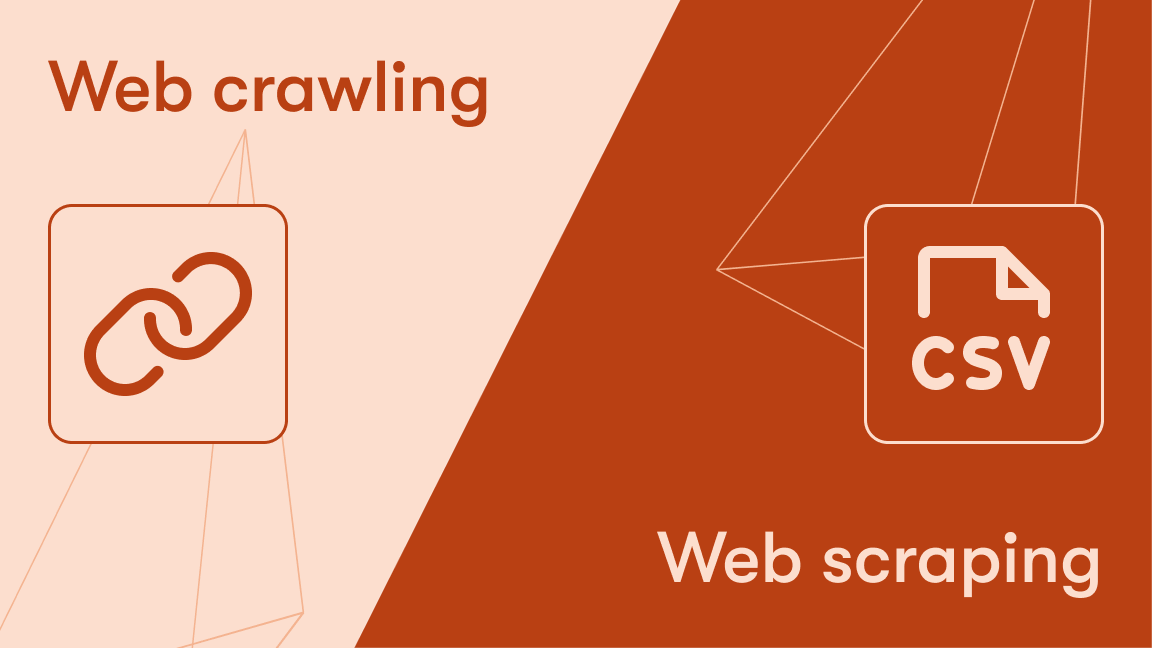Our lives increasingly revolve around digital media. Almost all of our electric appliances, cars, phones, computers, and even homes are built on some form of software.
Someone has to develop and maintain that software, and that fact is naturally mirrored in the future of the job market. The annual US wage in the Computer and Technology sector was $100,530 in May 2022, which is already over twice as much as the median US wage for all occupations. So just looking at the stats shows that coders can make good money!
But earning a living from coding includes much more than just working as a software developer for a company. This article will talk about all the different ways you can monetize your coding skills, from active to passive income, including teaching, content creation, participating in competitions, getting employed, or working on your own projects.

Teaching
Just like with any other skill set, you can choose to pass your knowledge on by offering courses and lectures to both beginners and experienced programmers.
Bootcamps
When considering the cost of getting a technical college degree in the US, many young people prefer to enroll in coding bootcamps. They are short-term but time-intensive programs that aim to provide a basic set of skills to potential programmers and help with their integration into the tech workforce. And given the rise of the coding bootcamp market, it’s a great time to become a teacher without going through the hassle of creating your own teaching project or the bureaucracy of college tutoring.
Schools
Giving computer lessons at elementary schools all the way to universities is a little more complicated since some kind of teaching certification program and college education is required. But if you are passionate about teaching, this is the way to go. It’s also great for expanding your academic network and moving into other fields of education. A report by UCAS in the UK has registered a shift towards technology-based degrees in college applications, so there are certainly plenty of students eager to learn about IT!
Courses
Last but not least, you can host your own lessons online or face-to-face. Of course, unlike schools or bootcamps, you’re on your own when gathering an audience, and there’s quite a lot of competition, so you might need a marketing strategy to implement, either through outsourcing or on your own. To make things easier, platforms such as Udemy, Thinkific, Teachable, or Podia offer teachers a comprehensive platform to host their online courses. Better yet, connect your course with content creation, but more on that in the next section.
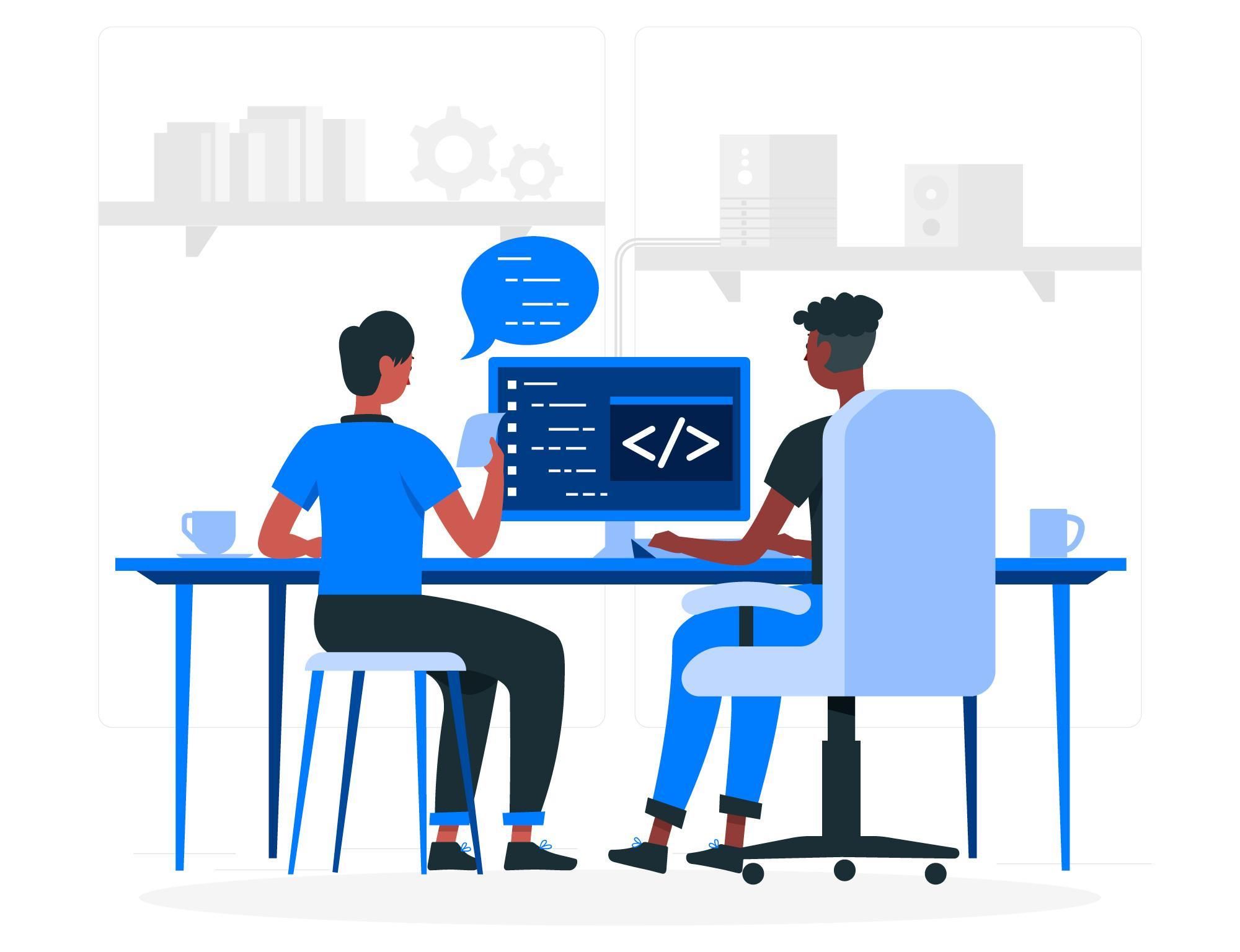
Content creation
If you have more of a creative spirit and enjoy writing, video, and editing alongside coding, you may want to look at sharing your knowledge in the form of content creation. This content can then be monetized by selling your products directly to the audience or promoting others’ products and gaining income thanks to marketing partnerships. Let’s look at the programming community's most prominent forms of content. You might just end up as a tech influencer, able to command fees of thousands of dollars just for mentioning a brand or product.
Blogs
There are many things a programmer can write about. You can choose to be more of an informer and talk about news and trends in the industry, various languages, and frameworks. Or, you can be more practical and provide solutions to problems via tutorials and how-tos. If you're creating educational content or tutorials, integrating tools like Symbolab's solve for x calculator can help students quickly understand and visualize equation-solving processes in real time.
If you plan to start a programming course, a blog would also be a great place to start since you can show off your qualification in free introductory lessons. You can also make extra bucks with sponsored posts or affiliate links for thirds parties. Get inspired by famous blogs such as David Walsh or Niraj Mishra’s The Crazy Programmer.
YouTube
People often resort to YouTube when they want to learn something new or find a solution to an issue they’re experiencing. Coding is no exception, and just like with blogging, you can choose to either inform and analyze (e.g., Forrest Knight) or teach your audience something new (e.g., The Coding Train). YouTube is also great for engaging with your fans, who can also earn you money just by watching your videos, thanks to the YouTube Partner Program. But since this amount is relatively insignificant for small YouTubers, making some side cash might be easier through partnerships and sponsored or premium content.
Data journalism
If media outlets want to release stories that go hand-in-hand with journalistic ethical principles, they must be based on factual information. These facts nowadays often take the form of data, and so a new branch of journalism was created. Skills such as web crawling and data mining are very prominent in data journalism, with Python and R as the go-to programming languages. So if you feel like using your knowledge of coding to tell stories, you might want to look deeper into this branch of journalism.
Competitions
While you shouldn't rely on competitions alone as your primary source of income, they can be a great tool for finding opportunities, testing your skills, and last but not least, earning a prize. The rise in popularity of these competitions makes them more challenging year by year, but participation alone will boost your coding skills and prepare you for the real world. ACM-ICPC, for instance, is the oldest and most respected programming contest, which has been happening since the ’70s and has since spread to over 80 countries worldwide. But it’s only open to university students. Another platform that hosts programming contests is CodeChef, where you can find events for beginners (LunchTime) or professionals (CookOff). The ICFP Programming Contest is a 3-day team-based competition held since 1998, without an entry free. So you might as well try your luck!
Tech giants also organize their own coding competitions. Google, for instance, hosts the annual Code Jam, one of the world's most popular contests, where you can earn a prize of $15,000. Facebook also hosts an annual problem-solving competition called Hacker Cup and Microsoft has the Imagine Cup, which focuses more on creating solutions for non-profit organizations and tries to give coding a higher purpose.
But also don’t forget to check locally, since there may just be some offline events hosted near you.
Get employed
Although this option may seem relatively straightforward, there are many jobs you can apply for, depending primarily on your education, preference, and programming languages that you master. The three most common words you’ll come across when surfing IT job listings are “programmer,” “developer,” and “engineer.” Well, is there any difference? Honestly, not much. In practice, these terms are used interchangeably. Therefore, when going through job offers, look at attributes like backend, frontend, DevOps, mobile app development, AI, and others, which more truthfully represent the job description. Based on this, you can look further into the used tech stack and the required experience for the position. Not every tech career starts with a four-year CS degree or a bootcamp. If you prefer hands-on, career-focused training in areas like IT support, networking, or web development, consider vocational and tradeskill programs designed to get you job-ready quickly; to compare programs, campuses, and online options, go to Miller-Motte College for details.
Now that we’ve got the technicalities out of the way let’s look at some more specific examples in the coding job market.
Software Application Developers
Focused more on building solutions for businesses, software developers are the creative force behind computer programs. But as the “Application” in the title suggests, they focus more on designing computer or mobile applications rather than networks. Languages used in this field are Python, Java, or C#.
Web Developer
Web developers focus primarily on creating websites and their corresponding applications. But that’s not where it ends - they need to maintain the website, optimize performance and capacity, while also playing around with its design. Web developers can be further broken down into three types:
- Front-end web developer - these developers build the front-end of the websites, or the parts people actually see when surfing the web. To develop these sites, they use JavaScript, CSS, or HTML, but knowledge of frameworks and libraries such as React, Vue, and Angular is also recommended if you want to apply for HTML and CSS jobs.
- Back-end web developer - The back-end of a website refers to the server-side, where the communication between the browser and the database is held. Back-end developers use languages such as Python (Django), or Javascript (Node.js).
- Full-stack developer - Some companies don’t have the budget to have both a back-end and a front-end developer, so they opt for someone who does both – a full-stack developer. Understandably, these devs need to have complex coding skills, UX/UI, and database management knowledge.
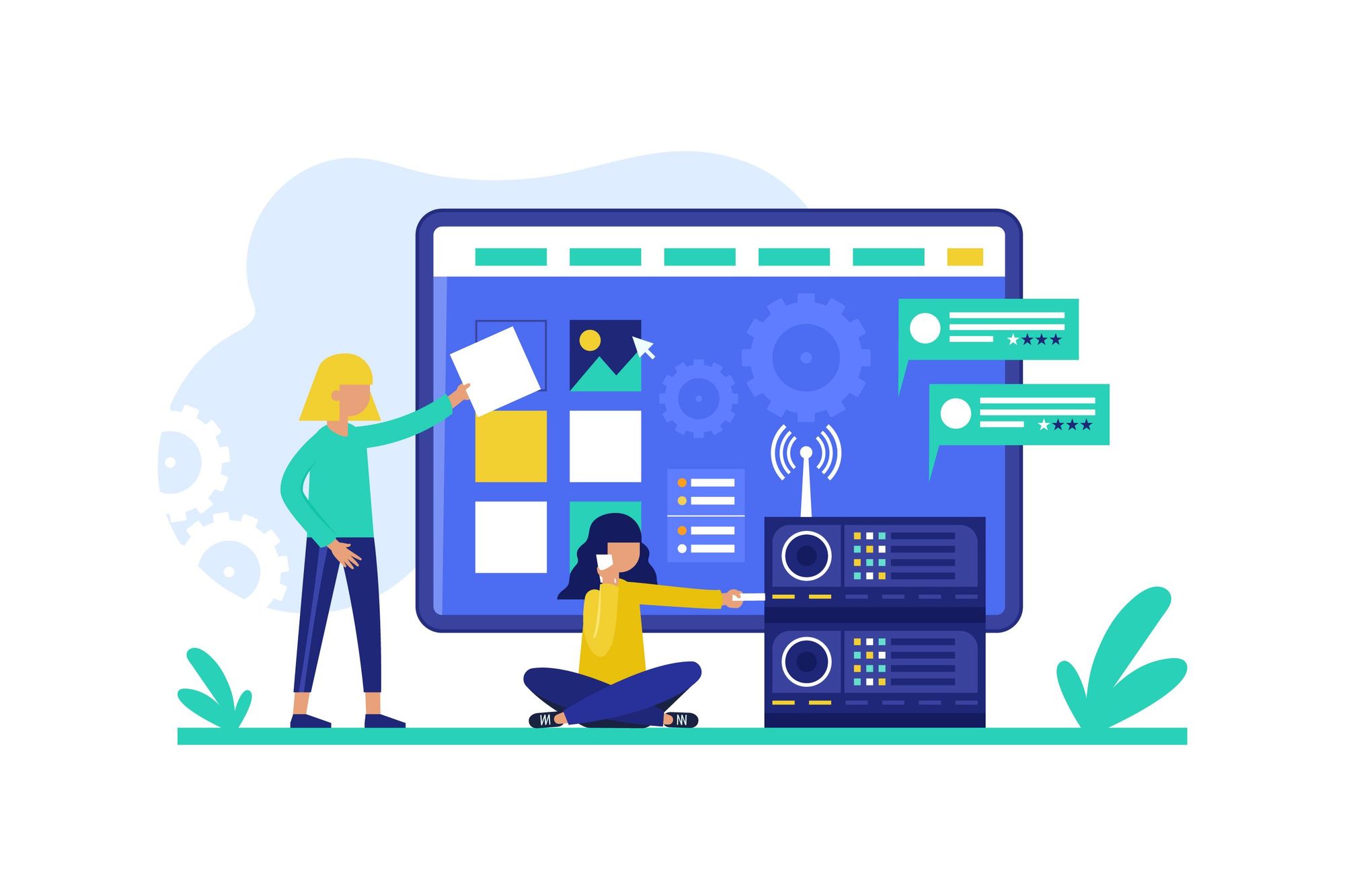
Data scientist
Gathering data by methods such as web scraping is rising in popularity, and with that, companies need people to decode this accumulated data and use it for market research and decision-making. This is where data scientists come in and organize, analyze and present the data.
There are many more positions that programmers fill, even within Apify. So, if you’re actively looking for a job in the IT field, have a look at our open positions at Apify. We’re constantly on the lookout for new talent!
Self-employment
If you don’t want to be limited by an employment contract, a specific location, and like to be your own boss, developing your own apps and/or freelancing is always an option.
Freelancing
Programming as a freelancer basically gives you the ability to sell your services to various clients based on a mutual contract. Although this may sound similar to being employed, clients don’t generally care about your work hours or where you are in the world. This gives you a lot of professional freedom to combine with other jobs or ventures. But how does one become a demanded and trustworthy freelancer?
- Build your own website - having a portfolio that showcases your skills is a big plus to potential clients and also says something about your creative ability.
- Make a profile on freelance marketplaces - platforms such as Upwork or Fiverr make it easier for freelancers to find projects that they could work on
- Expand your professional network - keep your Linkedin profile up to date, and don’t forget to highlight previous work experience
Build something new
There is a big software boom happening on various app stores right now, giving you a perfect opportunity to earn passive income by creating something original. You can work on applications and games for multiple platforms - mobile marketplaces, browser plug-ins, software, widgets… You can monetize this application whether it's available for free or upon payment:
- Free - with advertising placements or in-app purchases
- Paid - one-time payment or on a subscription basis
If your idea is a little more complex and you need extra resources for it to come to life, you can try posting it to crowdfunding platforms such as Indiegogo and Kickstarter, where you may find additional support.
An in-depth overview of our Actor monetization program
Monetize your code on the Apify platform
Even if you go for one or more of the options above, you might like a little extra passive income to top up your bank account. If you have an idea for a web scraper or automation tool, it might start off as a side gig but end up earning you the bulk of your income, especially if you gather enough regular users. And you can sit back and relax, just maintaining it for a few hours per month ⛱️
At Apify, we give developers a chance to monetize their code by offering their software in Apify Store. The apps are rented via a monthly subscription model or according to pay per result, so you might just be one step away from earning passive income. Find out how to monetize your code today by creating scrapers and automation tools (we call them Actors) on the Apify platform.



